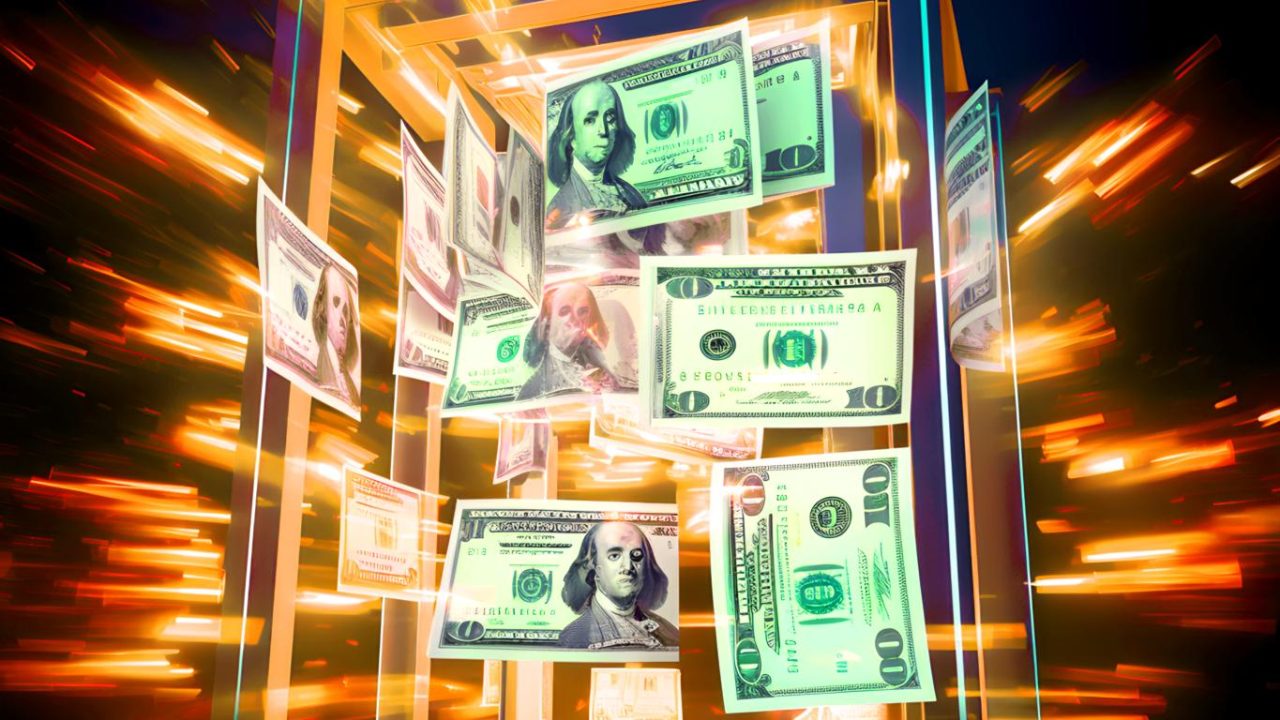Well, folks, grab your coffees because it’s time to dive deep into the heart of France’s economic scene, and trust me, it’s been a rollercoaster. Last year, France’s budget deficit ballooned to 5.5%, which is a fancy way of saying they overshot their financial predictions by a mile, specifically missing their 4.9% forecast. This hiccup has left quite a few red faces in the government, especially for President Emmanuel Macron, whose financial stewardship now seems a bit shaky.
The Deficit Dilemma
After enjoying a relatively stable fiscal ship for the first part of Macron’s presidency, France hit some turbulent waters. First came COVID-19, a crisis no one had on their bingo cards, followed by an energy crunch that had the government opening its wallet wide to keep the lights on and businesses afloat. While these moves were seen as necessary, they’ve nudged France onto a less-than-ideal financial path, with deficits and debt climbing higher than a gourmet baguette.
In a scene right out of a financial thriller, Bruno Le Maire, the Finance Minister, stepped up to the plate, admitting that while tax revenues took a nosedive due to slowing inflation, spending was still on a tight leash. He wasn’t ready to hit the panic button yet but called for a “collective wake-up call.” It’s like he’s trying to tell everyone to stop shopping for luxury goods when they can barely afford the basics.
Despite these challenges, France’s debt-to-GDP ratio did a little shimmy downwards to 110.6% from 111.9% in 2022, giving some hope that not all is lost. However, Le Maire is now in the hot seat, trying to rally support for spending cuts and fending off any talk of tax hikes like a matador dodges bulls. The goal? To somehow wrangle the deficit down to the EU’s golden number of 3% by 2027, a task that’s looking as tough as convincing a French chef to switch to instant coffee.
A Fiscal Tightrope
On the other side of this economic drama is Pierre Moscovici, head honcho at the Cour des Comptes, who’s not shy about calling out the government’s slip-ups. According to him, France’s wobbly financial legs are jeopardizing its future, putting essential investments in climate action and military might on the back burner. Imagine trying to sprint with a backpack full of rocks; that’s France trying to invest in its future with this kind of financial weight.
The interest alone on France’s debt is set to balloon to €87bn by 2027, which is enough to make anyone’s eyes water. That’s more cash than the country spends on schools or its military. Moscovici’s take? France is getting strangled by its own financial choices, unable to do much beyond paying the bills.
So, here we are, staring down the barrel of France’s economic quandary. The government’s playing a high-stakes game of fiscal Jenga, trying to pull out the right pieces without toppling the whole structure. It’s a tricky balance of cutting back without stifling growth, of making tough choices without sparking a revolution. And let’s be honest, France knows a thing or two about revolutions.
With Moody’s and Standard & Poors lurking around the corner, ready to give their two cents on France’s credit rating, the pressure’s on. The government’s already tightened its belt with €10bn in emergency cuts and is eyeing another €12bn slash to the budget. Yet, some whisper that the real magic number might be as high as €50bn. It’s enough to make you wonder whether France’s financial planners are using calculators or crystal balls.





